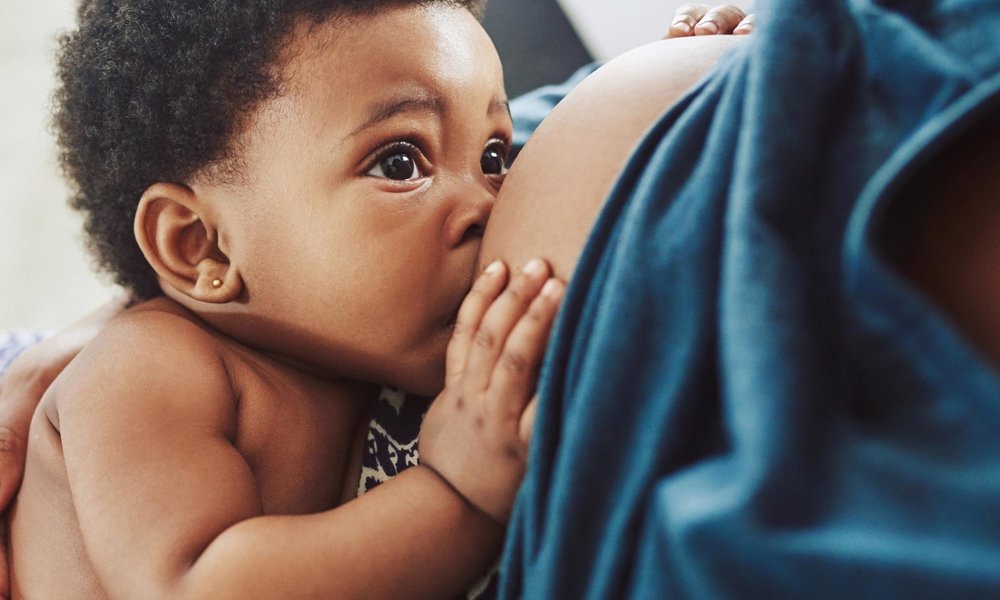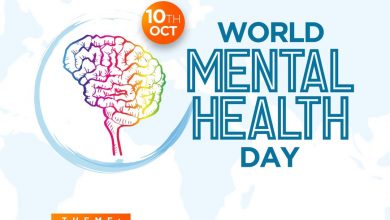Exclusive Breastfeeding Key to Child’s Well-being- Health Expert

Health Experts have emphasized the importance of nursing mothers feeding their young ones exclusively with breast milk.
In an interview on Beach FM on the role of breastfeeding in child and maternal health, a health promotion officer at the Effia Nkwanta Regional Hospital, Eunice Erzoe Eshun, mentions that breast milk provides all the nutrients a baby needs as well as benefits both the mother and the baby.
According to the 2022 Ghana Demographic and Health Survey, nearly half of Ghanaian infants under six months old are not exclusively breastfed.
The data underscores a significant shortfall in infant nutrition and signals the urgent need for enhanced breastfeeding practices in the country.
Over the past two decades, the percentage of infants under 6 months not receiving exclusive breastfeeding has shown minimal improvement, rising by just 0.8 percentage points from 46.6% in 2003 to 47.4% in 2022.
According to the 2022 Ghana Demographic and Health Survey (GDHS), breastfeeding rates are nearly universal, with 96.8% of children born in the two years before the survey having been breastfed at some point.
Nevertheless, both the initiation and duration of exclusive breastfeeding fall short of the World Health Organization’s guidelines, which recommend that “children should begin breastfeeding within the first hour of birth and be exclusively breastfed for the first 6 months of life.”
Madam Eunice Eshun says babies will likely be affected if they are not provided with breast milk.
She demystifies the conception that breastfeeding results in sagging of the breast, thus most nursing mothers shy away from breastfeeding.
According to her, breast sagging is mostly a common cause simply with time.





